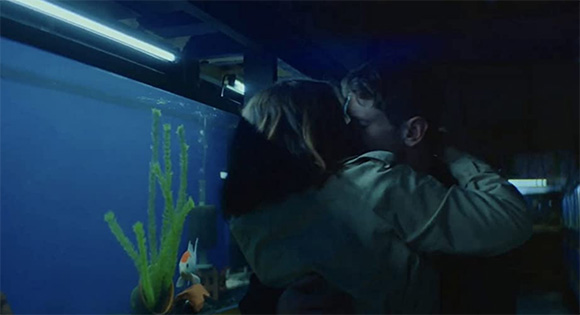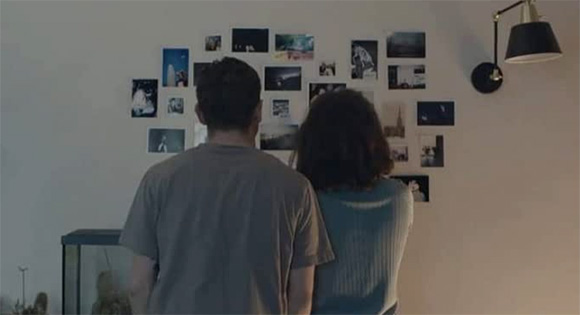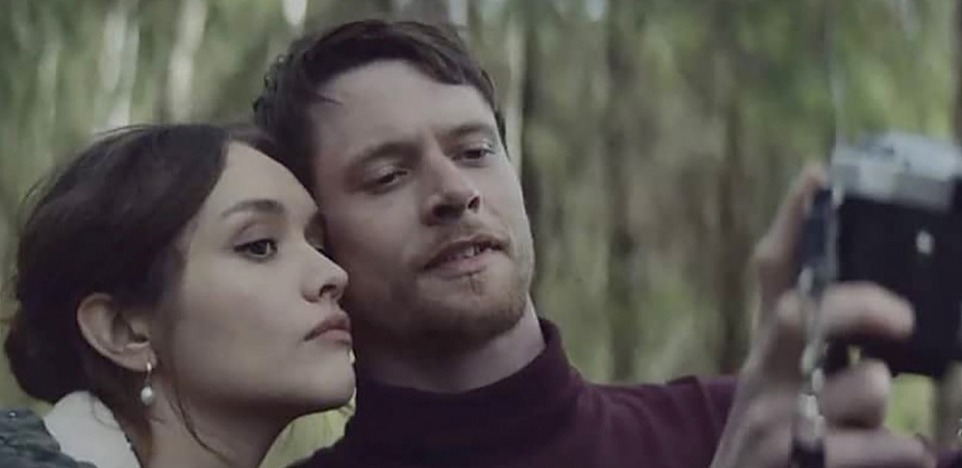"They say you can't forget feelings, and I still believe that."
These words are from the American pandemic drama adapted by Mattson Tomlin from Aja Gabel's short story. It is directed by Chad Hartigan who carefully draws out the connections to the COVID-19 pandemic.
Only this time the global pandemic is NIA (Neuroinflammatory Affliction) which manifests as massive memory loss. A pilot forgets how to fly and abandons his plane. A marathon runner keeps running through the end of the race. A bus driver doesn't know what he's doing so he just gets off the bus. People get key personal information tattooed on their bodies to remind them of names and numbers. People are scared and uncertain of the value of wearing masks, enduring global lockdowns, or following government orders at testing sites. They grasp at rumors of possible treatments and cures.

Emma (Olivia Cook), a vet tech at an animal shelter, is in love with Jude (Jack O'Connell), a photographer who is younger than her. They get married and try to keep each other's spirits up as the pandemic worsens. We hop, skip, and jump through different dimensions of their relationship until Jude cannot remember what happened on their wedding day. Emma tries various systems to help him cope and maintain their relationship, knowing their future, like everybody else's, is in danger. Can they live only in the present moment, without any memories of what has already happened?
It's a coincidence that the film was released in early 2021 in the midst of a global pandemic; the story it is based upon and the film itself were finished before COVID-19 began to teach us lessons about impermanence and the fragility of life. Those themes are here too, but the film really focuses on the importance of our memories to give life texture, depth, and meaning.

In Gold in Your Memories, the late spiritual writer Macrina Wierdekehr celebrated the art of what she called "harvesting memories" and noted: "The soul thrives on remembering. Feed it memories and it comes alive." Traditionally, we think of middle age and elderhood as the times to take note of the flow of our experiences and to marvel at their mysteries. But the characters in this film are young, their relationship appears to only be a few months old, yet their memories are precious to them, including one sweet one of their buying a fish together. Remembering can be done at any age, and the sooner we get started the better.
Little Fish is one of the Most Spiritually Literate Films of 2021 with its portrait of the monstrous ways in which a viral catastrophe devours the universal yearning for memory, meaning, purpose, and hope.
